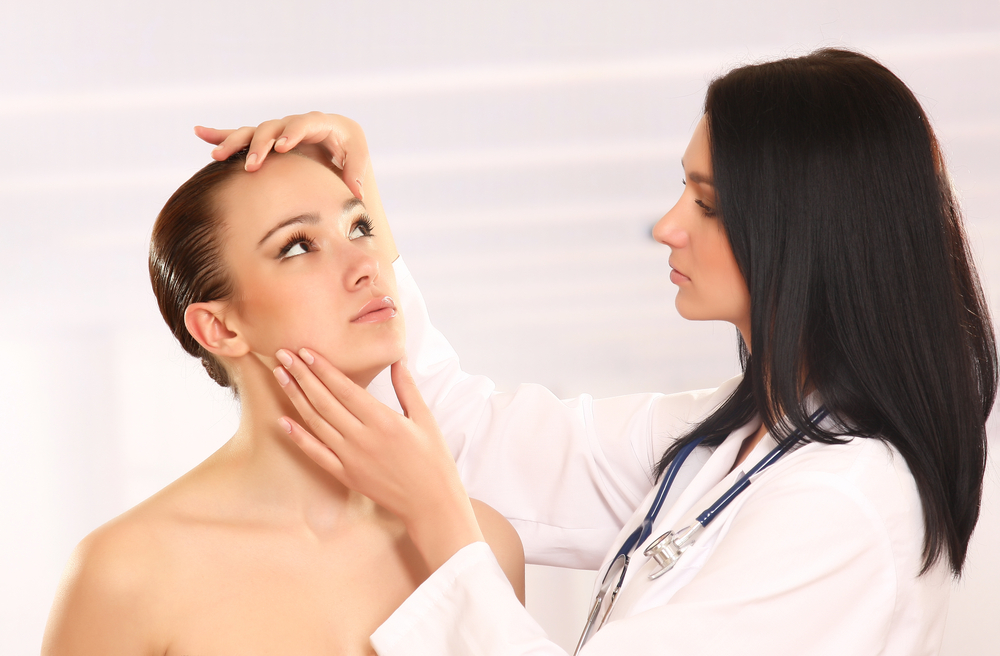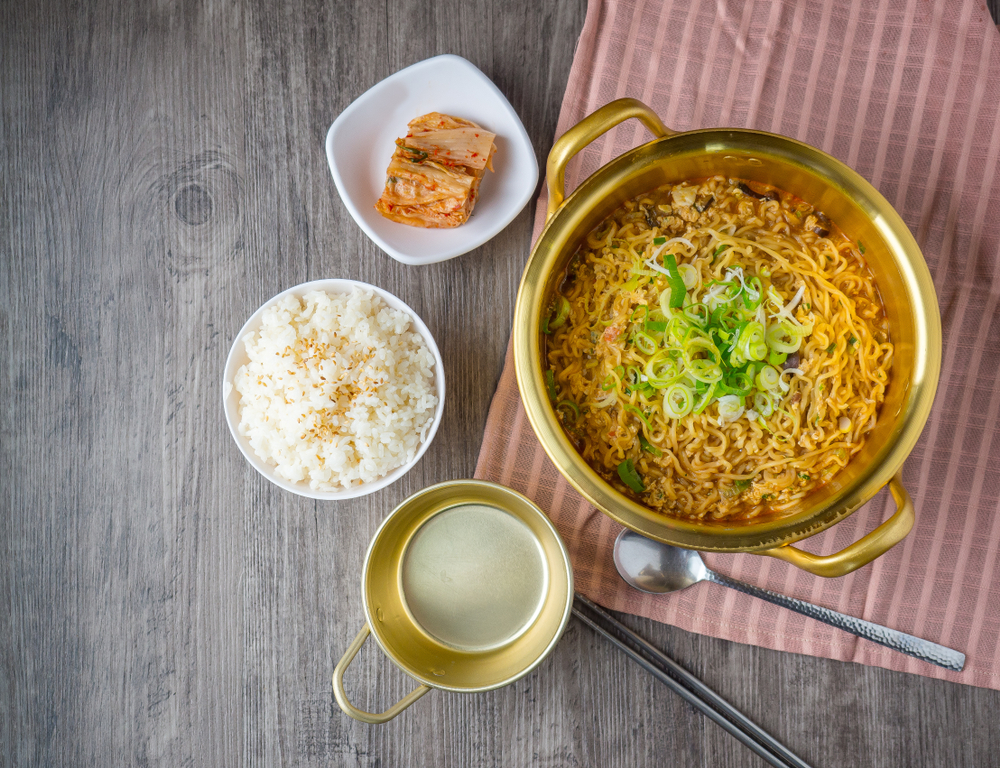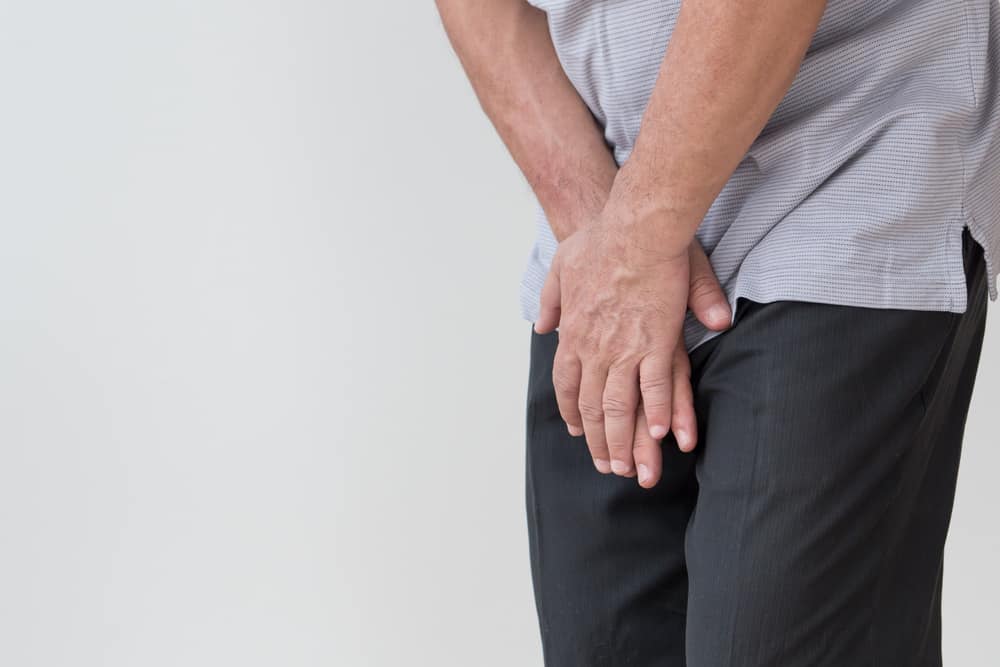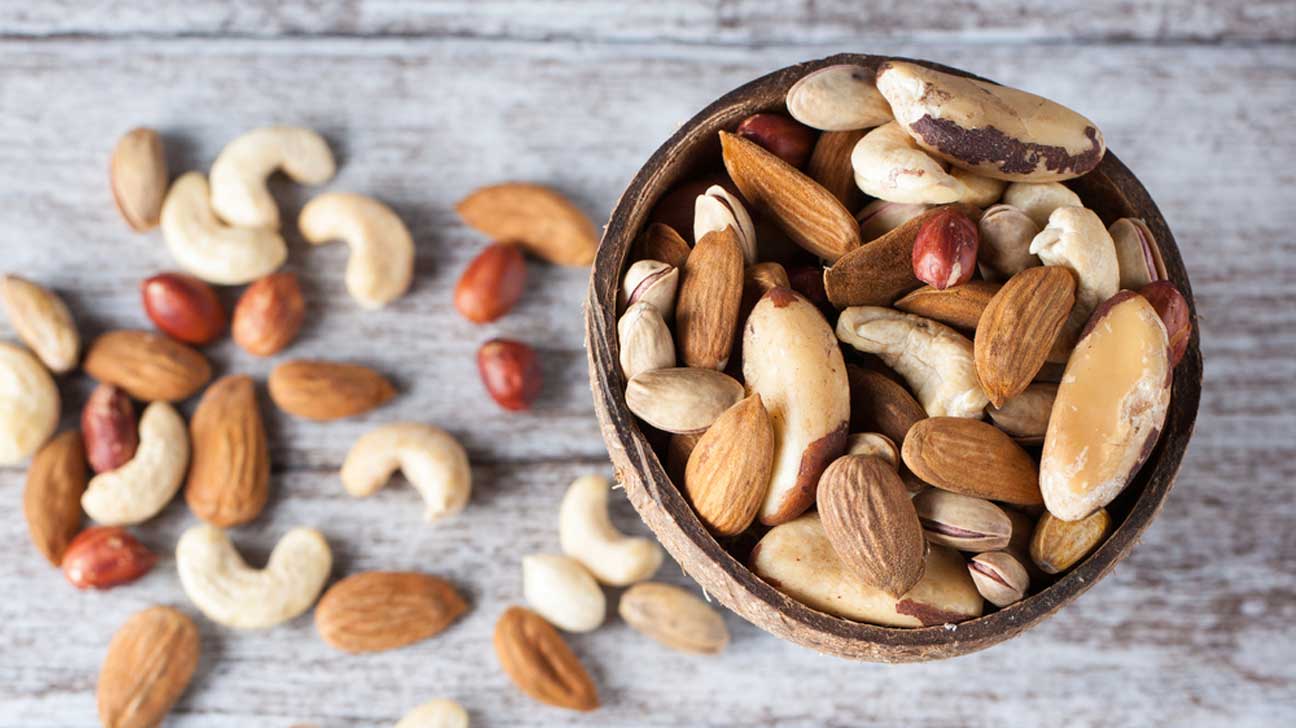Contents:
- Medical Video: Science Explains How Much Sleep You Need Depending on Your Age
- What nutrients are needed by women of childbearing age?
- 1. Folic acid
- 2. B12
- 3. Omega-3
- 5. Iron
- Nutritional problems that are often experienced by women of childbearing age
- 1. Malnutrition
- 2. Iron
- 3. Iodine
- 4. Vitamin A
- 5. Obesity
Medical Video: Science Explains How Much Sleep You Need Depending on Your Age
Fertile age is the safest and most likely age for pregnancy. According to research conducted by the Royal College of Obstetrician Gynecologists, women of childbearing age are women with a age range of 20 to 35 years. Pregnancy at the age of 35 years and over is at greater risk of complications such as preeclampsia, miscarriage, and tends to give birth by caesarean section. However, even though fertile age is the most important time in women's life and health, in fact many actually experience nutritional problems at this age.
What nutrients are needed by women of childbearing age?
Some specific nutrients are needed at this time, because fertile age is a period of development where the female reproductive organs are mature and functioning properly. These nutrients include:
1. Folic acid
Is one form of vitamin B complex. This nutrition can help prevent your fetus from becoming defective during its growth in the womb (neural tube defect). Intake of folic acid is needed by women of childbearing age around 400 to 800 mcg. Own consumption is allowed if in the form of supplements.
2. B12
This nutrient is important for the development and functioning of the human nervous system. Your body usually needs about 2.4 mcg. However, you need 2.6 mcg if you are pregnant, and 2.8 mcg if you are breastfeeding.
3. Omega-3
Is an important fatty acid because it is useful in maintaining the health of the brain and nerve cells, and heart disease. A woman who plans not to have children is also advised to fulfill this intake.
4. Calcium
Calcium fulfillment in youth, will greatly help you in undergoing old age. Women of childbearing age are advised to consume 1000 to 1300 mg of calcium per day,
5. Iron
In women of childbearing age it is recommended to consume this nutrient as much as 19 mg per day. But in pregnant women, the recommended dosage is 27. This is due to the use of a lot of iron during pregnancy.
Nutritional problems that are often experienced by women of childbearing age
1. Malnutrition
Usually the form is in the form of chronic malnutrition and underweight. The reason could be due to having experienced malnutrition in his childhood, having unhealthy eating habits, and access to less nutritional intake (common in developing countries). If not treated immediately, this condition can trigger the birth of a low birth weight baby.
2. Iron
Anemia or lack of iron is often experienced by women since the start of the first menstruation. Anemia is also common in women with very low body weight. Iron intake for women alone should be 15 to 18 mg per day. This iron can be obtained from foods such as red meat, vegetables and cereals.
3. Iodine
Iodine is still a nutritional problem in some areas that are deficient in iodine. The danger, iodine deficiency in women of childbearing age has the potential to trigger mental illness in their offspring later. Iodine is also needed during pregnancy.
4. Vitamin A
Initially vitamin A only attacks toddlers, but over time, women of childbearing age are also now prone to vitamin A deficiency. The lack of this vitamin is also associated with the occurrence of anemia.
5. Obesity
Obesity is indeed a disease that continues to increase. Although genetics may have a role, environmental factors (high-intake lifestyle but low physical activity) remain the majority of the causes of this disease. But the long-term effects of obesity can potentially trigger other diseases such as cardiovascular disease and other metabolic diseases later on.












